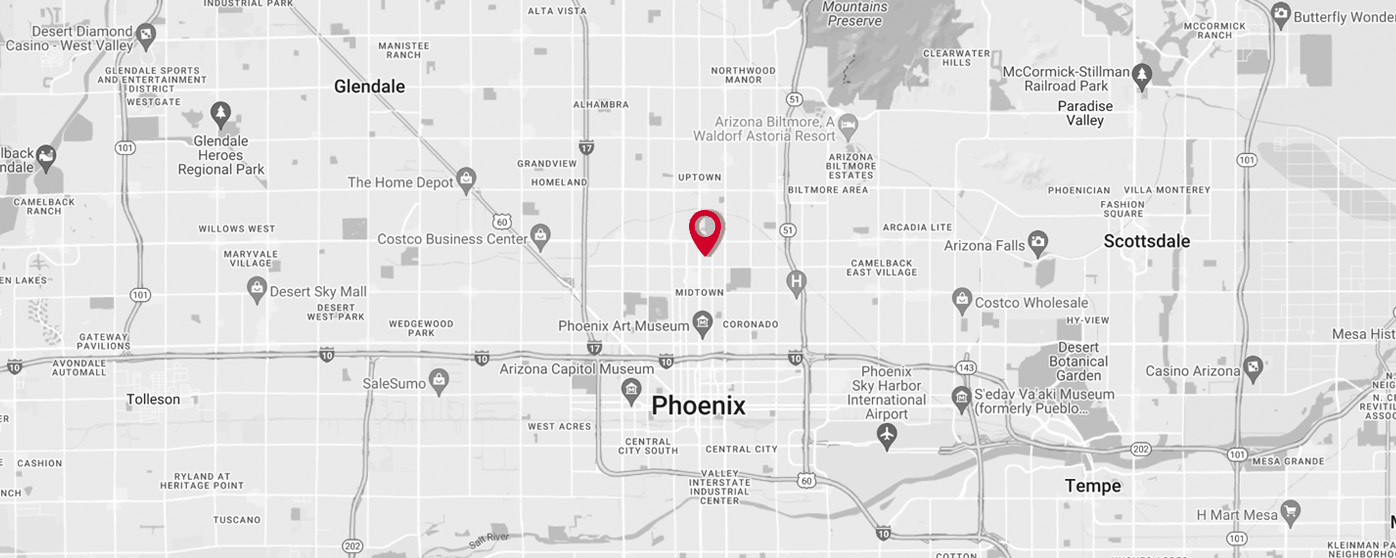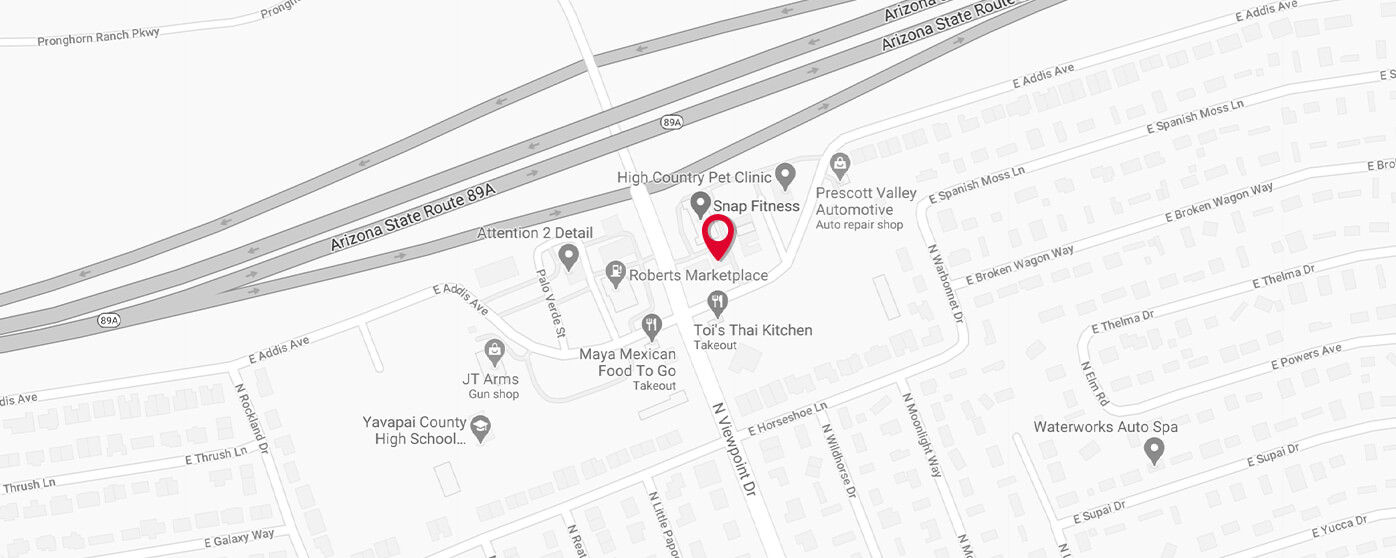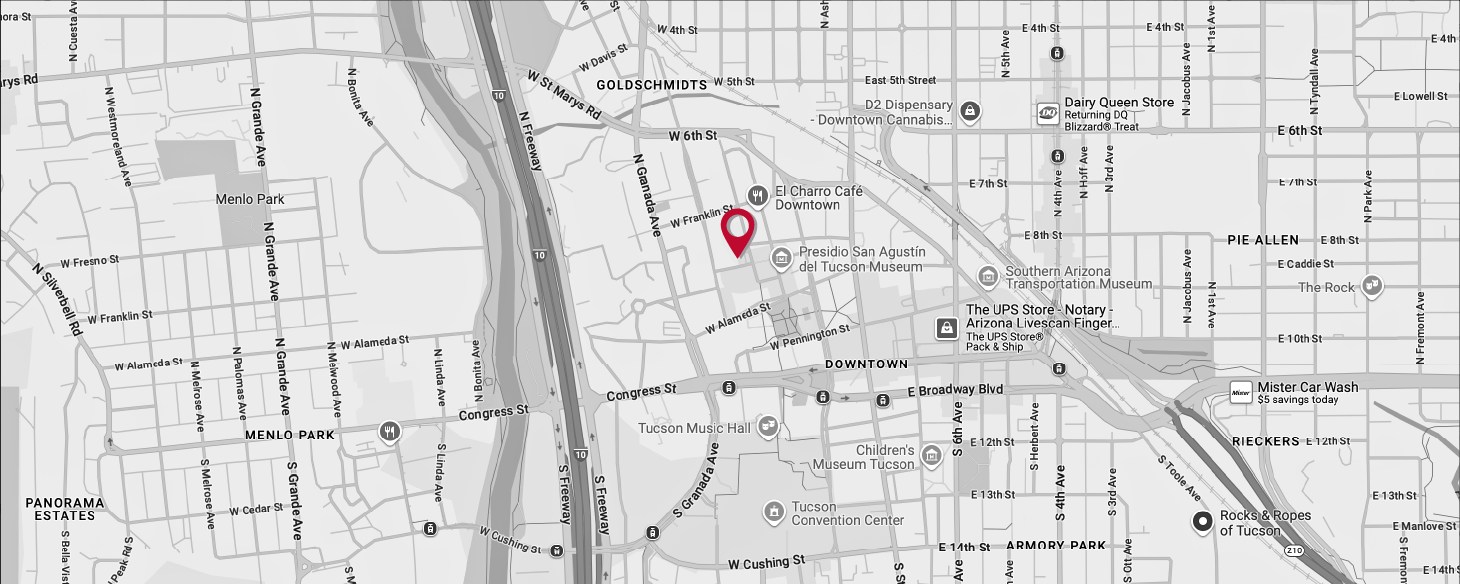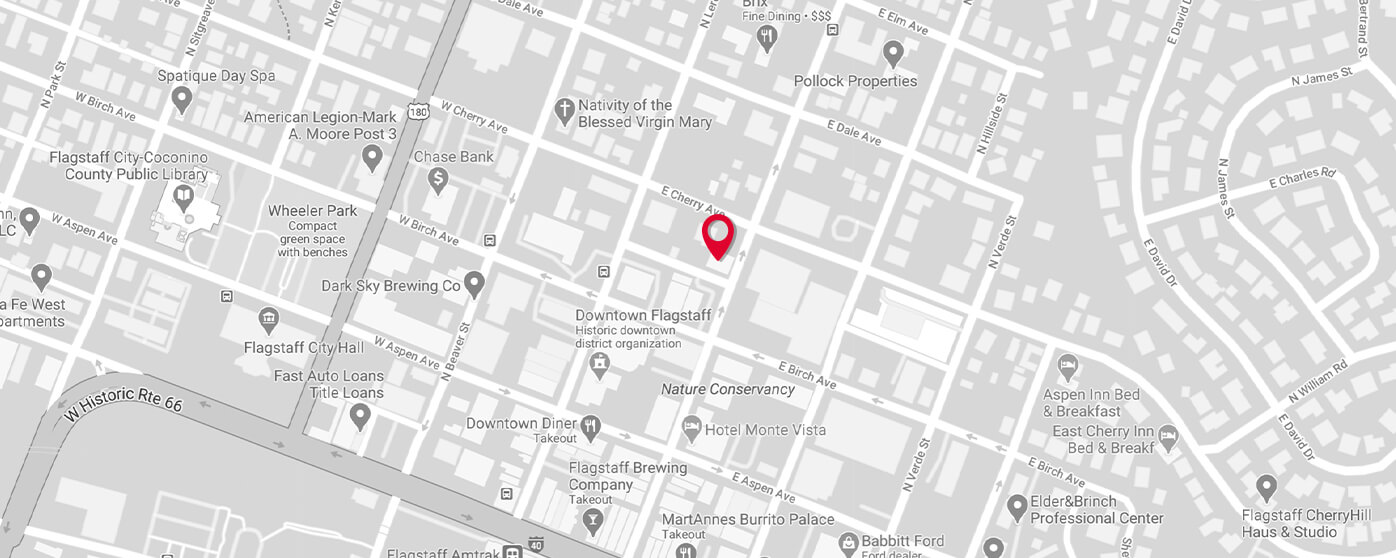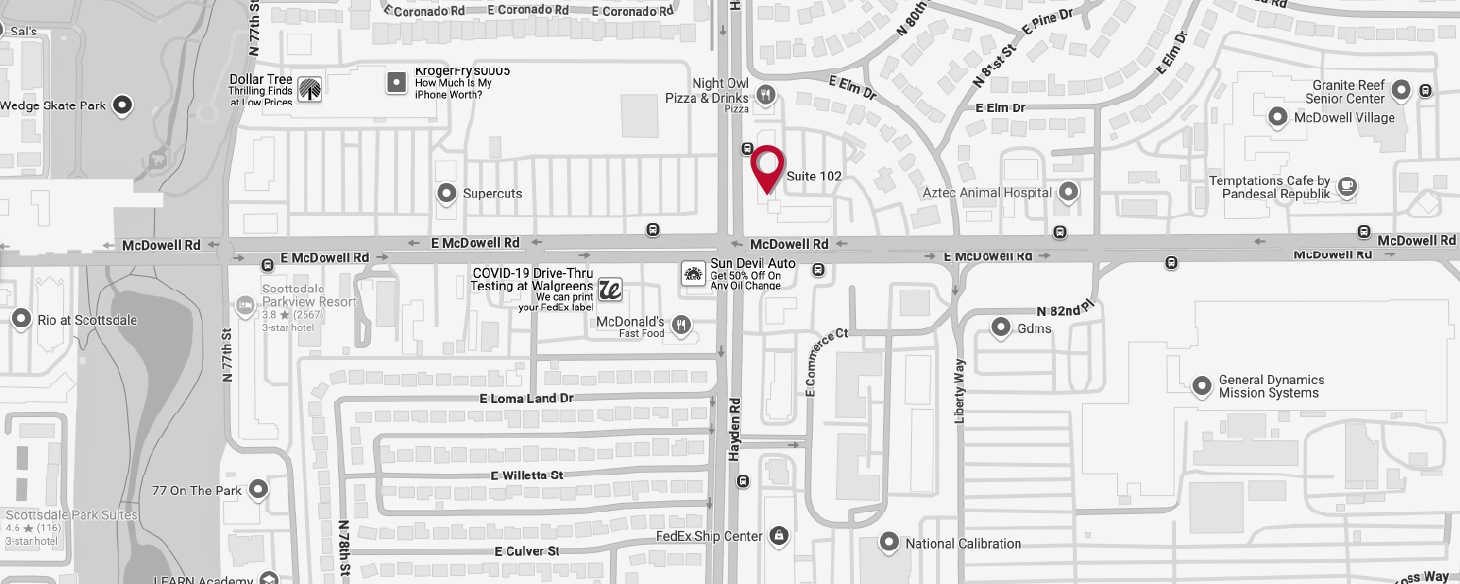Most of the time, when injured workers file a workers’ compensation claim in Arizona, they experience no problems. Sometimes, however, for one or more of many possible reasons, your claim may be challenged by your employer or its insurance company. And in a few cases, your claim might even be denied.
In this post, we lay out what you can do if you face a workers’ comp claim denial, along with some reasons why your claim may have been denied.If you need help appealing your claim, contact Matt Fendon Law Group at (800) 229-3880 or use our contact form.
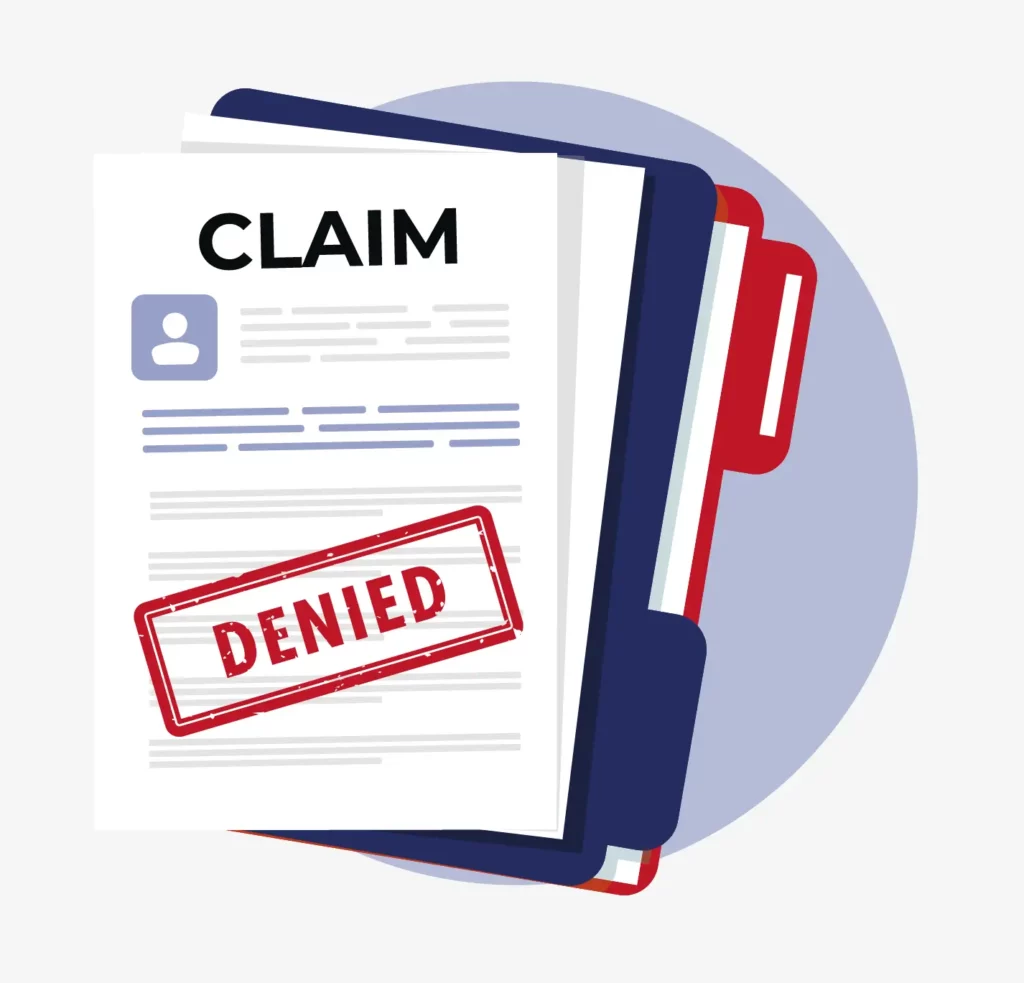
How to Appeal a Denied Workers’ Compensation Claims
If your claim gets denied for any reason, you do not have to simply accept the decision. The Arizona workers’ compensation system provides you with the ability to challenge the denial.
Filing a Workers’ Comp Complaint
If your claim is denied, the insurance company will notify you in writing through a Notice of Claim Status – just verbally telling you that you have a denied claim is not sufficient.
If you do not agree with the claim denial decision, you should contact Matt Fendon Law Group immediately.
Requesting a Hearing
Arizona law requires you to file your appeal request in writing with the ICA within 90 days from the date of the notice of claim status denying the claim. If you do not meet this deadline, you may be unable to appeal the insurance company’s denial.
After you successfully file your written hearing request, you will receive a notice from the ICA informing you of your hearing date and identifying the administrative law judge who will preside over your hearing.
In most cases, the waiting time between receiving notice of your hearing and the hearing date is usually three months.
Pre-conference Hearing
The administrative law judge assigned to the appeal may ask you to participate in a pre-conference hearing with the workers’ comp insurer and possibly your employer. This pre-conference hearing is usually done by phone.
Pre-Hearing Discovery
Before the hearing, a discovery process will take place. Discovery allows you to request and review all evidence related to your appeal. The insurer and the employer will be able to request discovery from you, too.
Discovery takes place under oath and can include documents and possibly sworn deposition testimony.
The Hearing
At the hearing, you will be able to present your case for why the ICA should reverse its decision to deny your workers’ compensation benefits.
- You can call witnesses, including doctors, to testify at the hearing on your behalf.
- You can also present evidence to support your argument for reversal of the decision, including medical documentation, your own testimony, and the testimony of others, such as expert witnesses.
You will usually be the first to testify and have the burden of proof in the hearing. Both sides in the hearing can cross-examine the other, and the administrative law judge may also ask questions.
To win your appeal, you need to prove two things:
- Your injury happened in the course and scope of your employment (time, place, and circumstances) AND
- Your work increased the risk of your injury
After the conclusion of the hearing, the administrative law judge will issue a decision within 30 to 60 days.
Request to Review
After the administrative law judge issues a decision, if you are still not satisfied with the result, you have the option to request a review.
You must make a written review request within 30 days of the administrative law judge’s decision.
When the administrative law judge receives your review request, the judge will re-examine the evidence and issue another decision, either confirming or changing the initial decision.
If you are still not satisfied with the result, then you can file an appeal with the Arizona Court of Appeals. You have 30 days to do this after the administrative law judge review.
Why Do Workers’ Compensation Claims Get Denied?
We can break down the reasons why your workers’ compensation claim can be denied into three broad categories:
- Administrative reasons
- Injury-related reasons
- Conduct-related reasons
Administrative Reasons for Claim Denial
Workers’ compensation is a form of insurance.
Insurance claims need to follow established procedures for insurers to approve and pay out on them, and workers’ comp insurance is no exception. If you do not follow the insurance company procedures for a workers’ compensation benefits claim, the insurer may reject the claim.
Here are some common administrative-based reasons why a workers’ compensation insurer might reject your claim:
- You did not report your injury to your employer on time.
- You did not file your claim on time.
- Your employer disputes the claim.
- The insurance company concludes that you are an independent contractor, volunteer worker, or domestic servant, none of whom are eligible for workers’ compensation.
Injury-Related Reasons for Claim Denial
Sometimes, the nature of the injury can be the source of a claim denial. Common examples of how this can happen include:
- Insufficient evidence exists to show that the injury occurred.
- You have a pre-existing health condition.
- Your injury did not happen at the workplace or otherwise in connection with your employment.
- Your injury is minor or has completely healed.
Conduct-Related Reasons for Claim Denial
In addition to being particular about having you follow their procedures to make a claim, workers’ compensation insurance companies are on the alert for any behavior on your part that to them seems suspect.
Although examples of fraud certainly exist in Arizona workers’ compensation, sometimes your claim can get denied by an overzealous insurer.
Here are examples of how an insurance carrier can deny a claim based on acts by the claimant worker:
- You did not seek medical care for your accident injury.
- You were engaging in horseplay or other misconduct when you were injured.
- You deliberately put yourself in danger or intentionally hurt yourself.
- The activities you were engaged in at the time of injury were outside the scope of your employment or otherwise unrelated to your job duties, like deviating from a business trip.
- You faked your injury.
- The injury happened while you were going to or from work or while you were on an unpaid break.
- You were violating the rules or policies that governed your terms of employment.
- You refused to attend an independent medical evaluation.
- You refused to grant a recorded statement to the insurer or to sign a medical release to access your medical records.
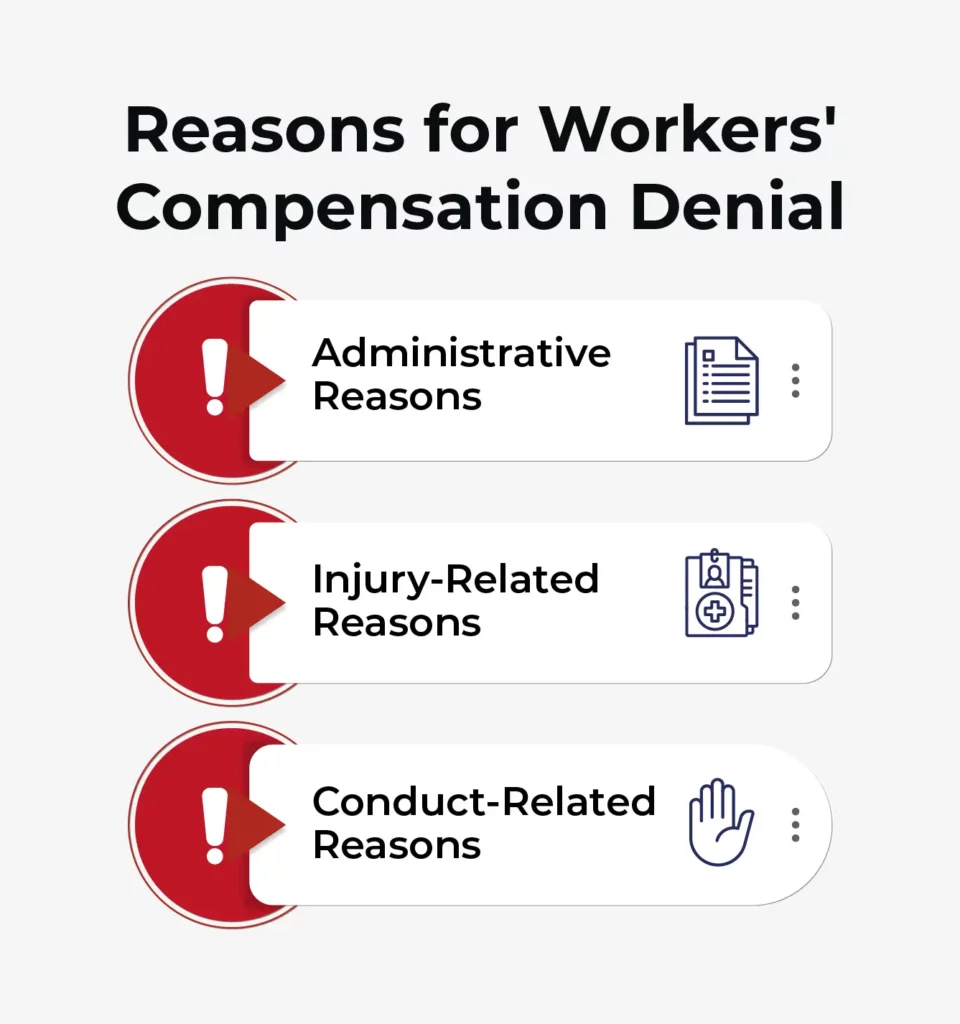
When Should You Hire a Workers’ Comp Lawyer in a Denied Claim?
Although you can represent yourself in workers’ compensation cases, including a denied workers’ compensation claim, the process can be complex to follow. For example, missing one of several strict deadlines can lead an administrative law judge to deny compensation.
An experienced workers’ compensation appeals attorney, like one at the Matt Fendon Law Group, knows how to take an appeal and do everything possible to make sure you get the compensation you need.To learn more about how Matt Fendon Law Group can help you overcome a claim denial, call us at (800) 229-3880. You can also contact us online to ask questions or schedule a free consultation with one of our Arizona workers’ compensation lawyers.

